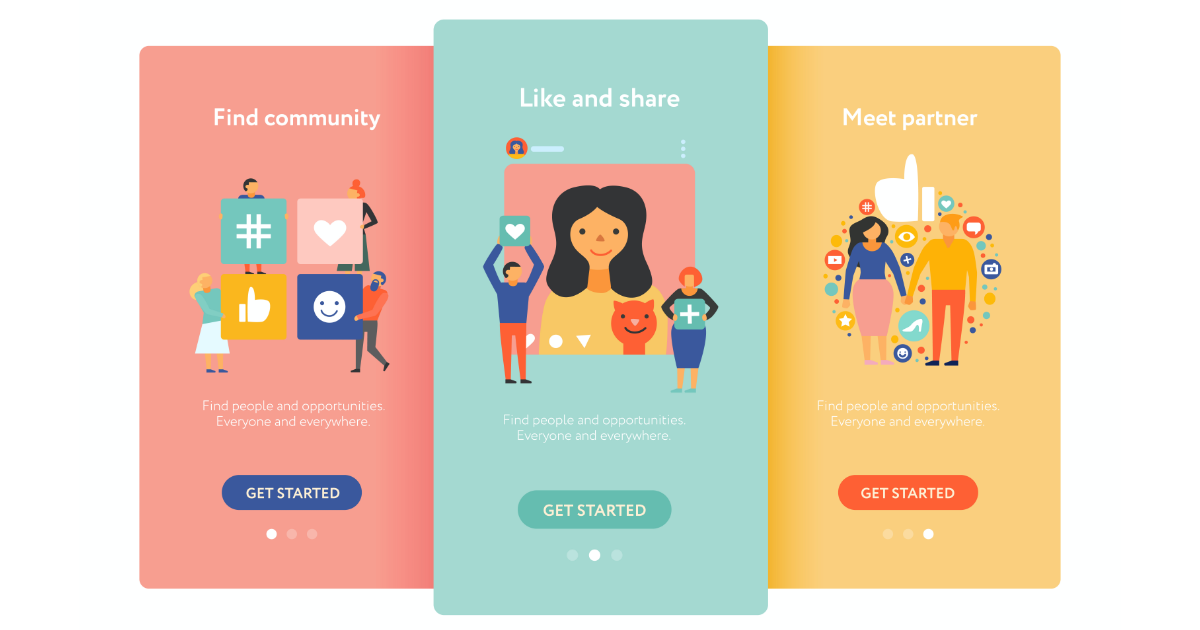Native vs. Hybrid Applications: which to choose for your project?
A big decision when the time comes to develop a mobile application is choosing the course to take in its development. To create a native application or a hybrid application? That is the question!
The basis for this differentiation is in the way the code is developed for the mobile application. Native applications are developed specifically for each platform (iOS, Android or Windows), based on the code particular to that operating system. Hybrid applications are apps developed with web technology, such as HTML5, CSS and Javascript, that utilize a feature of those systems called WebView to present the web code as a responsive application for any platform. Both present pros and cons, which is why it’s essential to be familiarized with both before making your decision.
Previously, we’ve already looked into the subject of native apps, presenting the advantages they possess. Now, we directly compared native and hybrid applications to help you make the right decision for your app.
MISSING TABLE
In summary, these are the advantages of each app type:
Native Apps:
- Better performance in general
- Direct access to operating system features
- Native interface for each platform
- Greater security thanks to native APIs
Hybrid Apps:
- Greater ease and speed in development
- A single code for various platforms
- Simpler maintenance common to all platforms
- Greater variety and quantity of available plug-ins
If you’re still uncertain about your choice, reach out to BloomIdea’s development team to counsel and create the perfect application for your needs.
